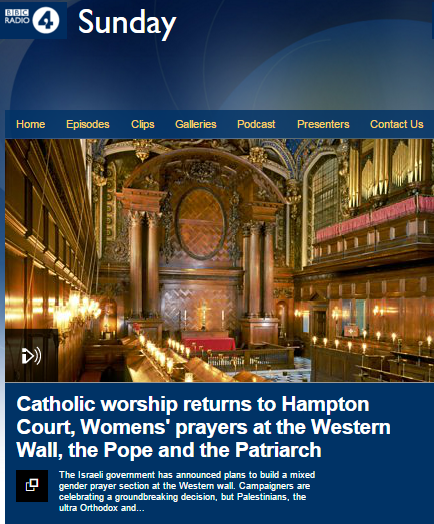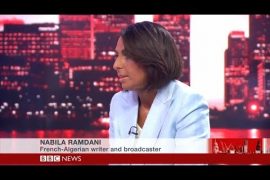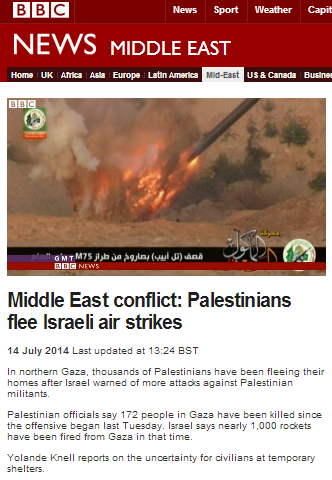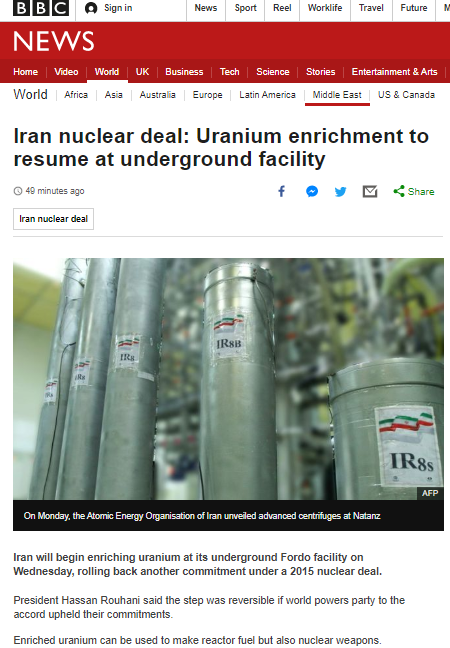The still unfolding dramatic events of recent days in Egypt prompted this writer to recall an article published just over a year ago – in late June 2012 – in the Guardian’s ‘Comment is Free’ section. In that opinion piece on the subject of the Muslim Brotherhood in Egypt it was stated: [all emphasis added] 
“The Muslim Brothers have been hounded and persecuted throughout their long history, so their resilience and tenacity is not only to be admired and respected, but should also be held as an example for those who wish to make a difference in Egypt’s vibrant but chaotic post-Mubarak political landscape. [..]
It’s true that notorious jihadi groups have been inspired by the teachings of Qutb – namely that modern society is pagan and ungodly and that true Muslims should reject it and take up arms against it.
But the Muslim Brotherhood of today has distanced itself from such ideas and is committed to normal politics. […]
There are so many people who hate the Muslim Brothers in Egypt and beyond. But no one can deny that they have proven to be the most successful grassroots movement across the entire region.
The Brotherhood is the closest one can find in Egypt today to an independent political institution where established practices and commitment to an idea seem to trounce blood ties and financial interests.
It’s not only populist, but also truly popular. Its members are drawn from all walks of life – middle-class professionals as well as workers and peasants. […]
But their bond with their constituencies is not seasonal. Care for the poor and the weak is central to Islamic teaching, and they would not have enjoyed the support they do if they had not lived up to those ideals. […]
Unless the liberals and other secular forces learn from the commitment and organisational skills of the Muslim Brothers, leave their affluent ghettos in the big cities and venture out in the countryside, they will remain condemned to a handful of seats in any future election.” 
One must of course wonder if the author of that article has changed his point of view in the face of the reality of the past year of Muslim Brotherhood rule.
However, those words (which even got the Muslim Brotherhood’s official stamp of approval at the time) were not penned by a Western journalist caught up in starry-eyed enthusiasm for the ‘Arab Spring’. They were written by a native-born Egyptian – and former BBC Arab Affairs Analyst – Magdi Abdelhadi.
Abdelhadi left the BBC to pursue a freelance career in April 2011; three months after the historic events in Tahrir Square, and hence was most probably analysing those events on behalf of the BBC during part of the time period covered in the BBC’s internal report on its coverage of the ‘Arab Spring’. In that report, published in June 2012, it is noted that:
“…there were many interviews with members of the Brotherhood itself – some rank-and-file, some described as leaders. All of these stressed that their movement favoured freedom and democracy, and did not seek to impose an Islamic order on people against their will. Some of the expert commentators accepted these statements more or less at face value, stressing the Brotherhood’s evolution towards pragmatism during its long years in opposition and semi-clandestinity…”
In January 2011 the BBC’s Middle East Editor Jeremy Bowen informed audiences (in an article which was later twice amended) that:
“The country’s only properly organised mass political movement outside the ruling party is the Muslim Brotherhood, and it would do very well in any free election.
Unlike the jihadis, it does not believe it is at war with the West. It is conservative, moderate and non-violent. But it is highly critical of Western policy in the Middle East.” [emphasis added] 
A June 2012 profile of the Muslim Brotherhood on the BBC News website still informs readers that:
“Mr Mursi has insisted that as president he wants to build a “democratic, civil and modern state” that guarantees the freedom of religion and right to peaceful protest.”
The whole point of BBC analysis – like any other – is surely to provide those reading it with enhanced understanding of a particular issue or subject. Whilst the actual current events in Egypt may have taken many people by surprise, thebackground to them is not new by any stretch of the imagination and there were analysts who, from the outset, viewed the Muslim Brotherhood’s rise to power in Egypt in a less romantic light than the one which prevailed in BBC reporting. Such voices, however, were not given significant space by the BBC – resulting in the kind of impoverished analysis we see above.
The BBC obviously needs to ask itself why that was the case – and not only in relation to Egypt – if it wishes to be relevant as an international media outlet.




